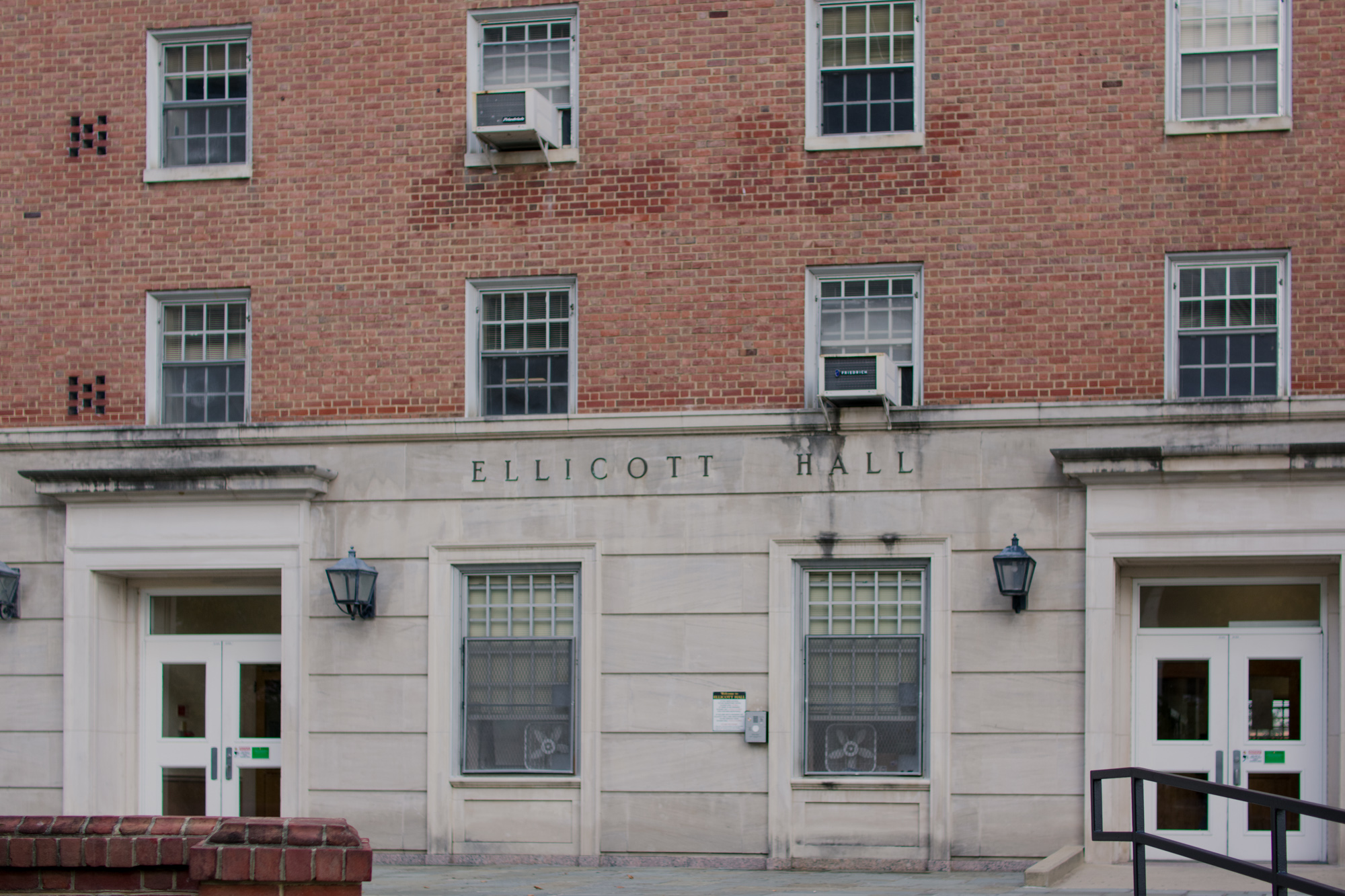After one of the hottest summers the state has ever seen, many University of Maryland employees are pushing to add extreme heat notifications to the UMD Alerts system.
The alert system automatically sends students and staff text messages and emails regarding local crime, extreme weather, campus closures and other safety issues affecting College Park. But according to Todd Holden, president of the American Federation of State, City and Municipal Employees Local 1072 — the employees’ union at this university — extreme heat alerts are not included in the alert system. That leaves campus employees unprepared on hot days, Holden said.
“When the heat itself becomes a dangerous condition that could be as dangerous as a blizzard or severe thunderstorm, it makes sense that people should know about it,” Holden said.
This summer, which was the hottest summer on record globally, there was one heat related death recorded in the state. This July was 0.43 degrees warmer than any other July on record, according to NASA.
[‘Creciendo con amor’: UMD community celebrates beginning of Latinx Heritage Month]
In College Park, across June, July and August, there were 14 days this year where the maximum temperature was 90 degrees or above according to the National Oceanic and Atmospheric Administration. The average high temperature in July has consistently been more than 88 degrees since 2019.
Housekeeper Admire Stewart has been with this university for 14 years and works in Hagerstown Hall, which only has air conditioning in lounge spaces. While housekeeping staff were provided with fans and sometimes ice cream, the heat still affected her on a daily basis this summer, she said.
“I get heat hives, which are very irritating,” Stewart said. “You feel like you want to throw up a lot because of the heat, headaches and drinking too much water.”
Nadine Duvelsaint is also a housekeeper who works in Hagerstown and Ellicott halls. She said both dorms were difficult to work in because of the heat, especially during the first few weeks of school.“I felt dizzy, and I felt very tired,” Duvelsaint said. “When we are working like that, it is not good.”
Housekeepers are allowed to take breaks in the lounges in Hagerstown if they feel sick or light headed, Stewart said. On the hottest days, staff who are severely affected can go home. However, because the dorms need staffing, most housekeeping staff feel like they have to work despite the conditions, Stewart said.
[September heat wave leaves UMD students without AC uncomfortable]
At the beginning of each summer, housekeeping staff receive heat injury prevention training, according to this university’s Residential Facilities. Supervisors also have temperature and humidity scanners to assess working conditions.
Housekeeping staff are also briefed every morning on preventative measures, and follow a comprehensive Heat Injury Prevention Plan that is informed by and consistent with guidance from national occupational safety groups, Residential Facilities said in an emailed statement. Residential Facilities also has not received any reports of heat illness or injury from housekeeping staff in the last two years, the statement added.
“As the heat index increases, we adjust work schedules, moderate activities, and increase break frequencies and durations,” Residential Facilities wrote. “We stop work if the heat index indicates that working conditions are dangerous.”
Stewart said she receives heat alerts from Montgomery County Public Schools, where her 7-year-old daughter goes to school. The alerts help Stewart prepare her daughter, who has eczema that acts up due to heat, by sending her to school with Vaseline to reapply throughout the day.
“I think that’s a good idea,” Stewards said. “They should be sending the alert when we have too much heat anywhere so people will know how to take care of themselves.”
Data editor Victoria Stavish contributed to this story.



